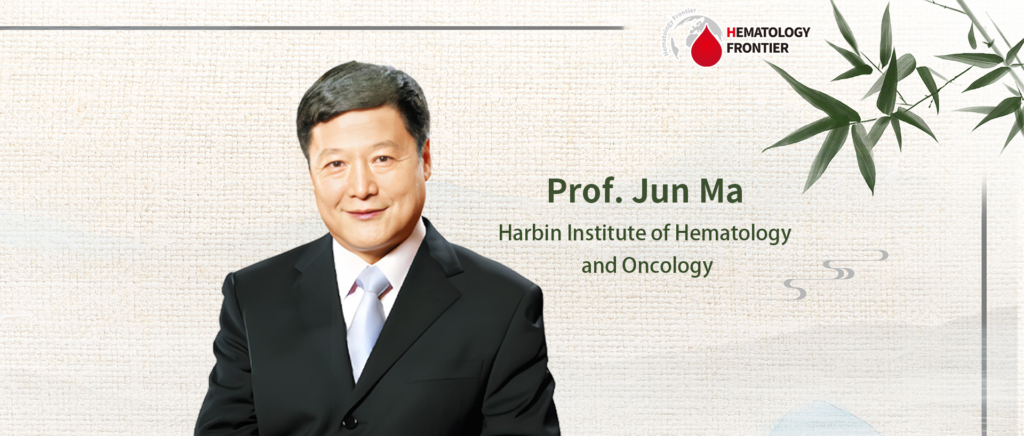MAF translocation remains a strong prognostic factor despite concurrent chromosomal abnormalities
In January 2024, a groundbreaking study spearheaded by Professor Gang An from Institute of Hematology & Blood Diseases Hospital, Chinese Academy of Medical Sciences & Peking Union Medical College, made its debut in the esteemed journal Haematologica (IF=11.047). The research, titled "MAF translocation remains a strong prognostic factor despite concurrent chromosomal abnormalities" marks a significant advancement in the understanding of multiple myeloma (MM). This comprehensive investigation meticulously analyzes the prognostic impact of MAF translocations, t(14;16) and t(14;20), within the context of MM, shedding light on their independent prognostic significance despite the presence of other chromosomal anomalies. This study not only enhances the scientific community's comprehension of MM's genetic complexity but also paves the way for refining risk stratification and tailoring treatment approaches for affected patients, thereby contributing to the ongoing efforts to improve outcomes in this challenging hematological malignancy.





